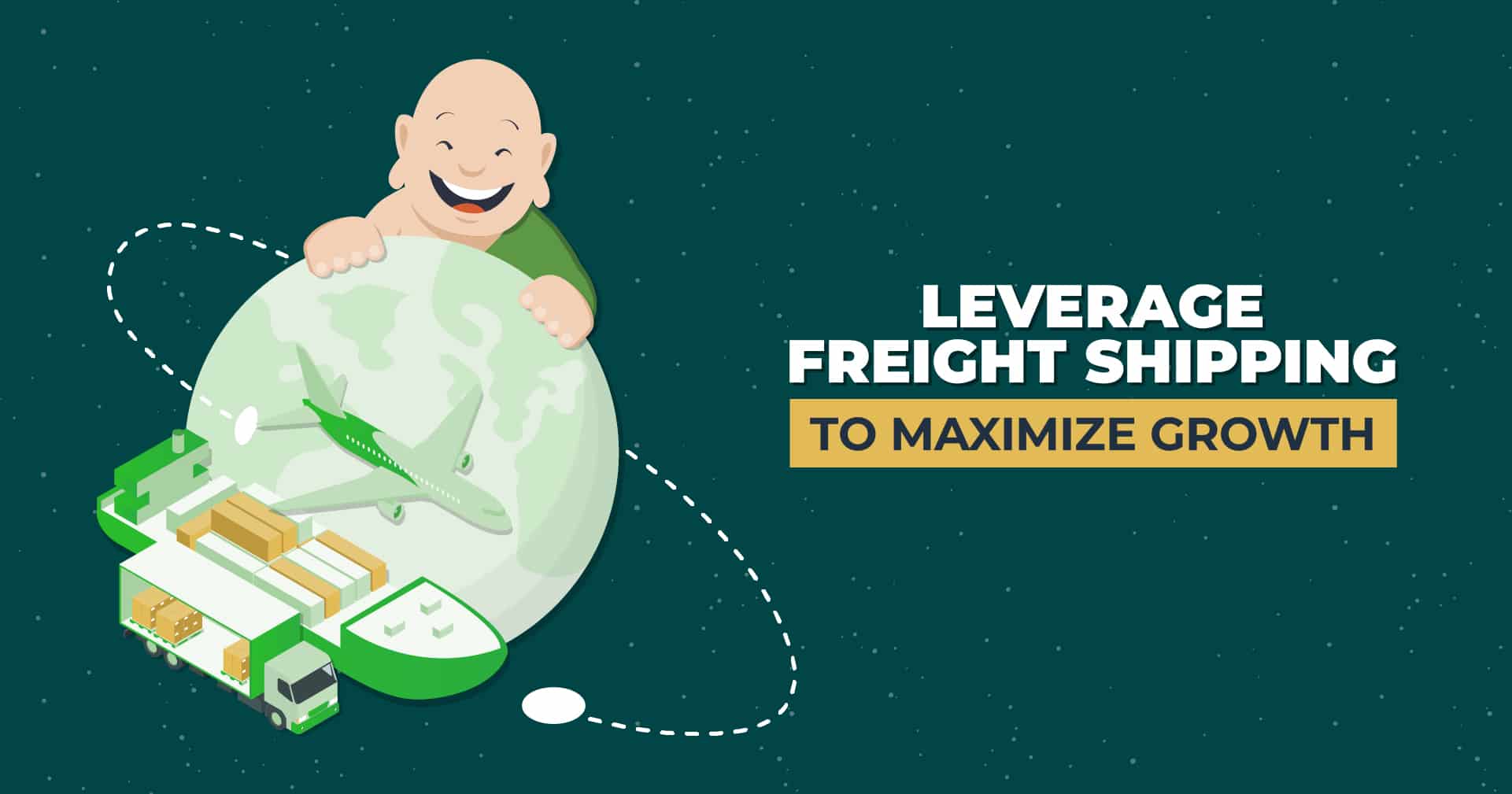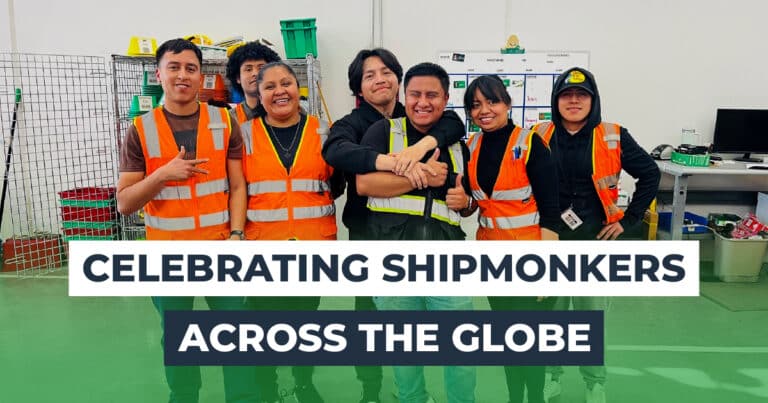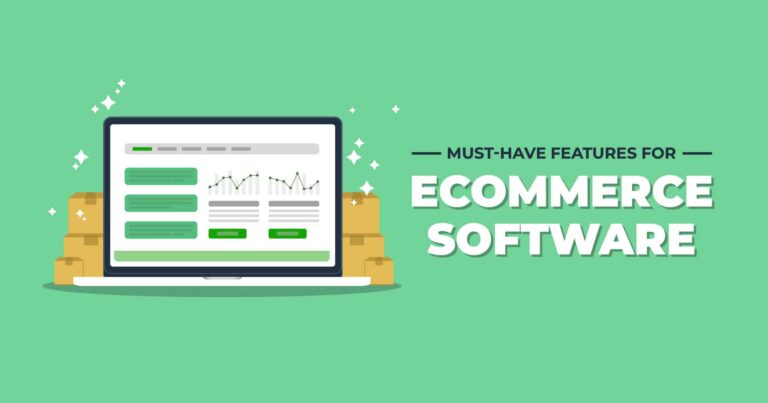Freight Shipping Services
Wouldn’t it be great if the same fulfillment company that handled your ecommerce fulfillment and/or B2B retail fulfillment, also coordinated your inbound and outbound inventory freight? That way, everybody who needs to know, would be “in the know” about where your inventory is at all times — and you could quit your job as the referee between manufacturers, distribution centers, retailers and multiple shipping agents. Wahoo!
But where are you going to find such a dream solution? We’ll get to that. First, let’s dive into the differences between freight shipping and other types of shipping, and how various types of ecommerce businesses use them. You can decide for yourself if this solution works for you.
What is Freight Shipping?
Freight shipping is the bulk transportation of commercial goods by air, land, or sea. Technically, “freight” refers to the actual goods in transit, not necessarily the shipping method. Air freight is freight shipped by air, while freight shipping is freight shipped by ship, rail, or truck. Freight may be shipped internationally or domestically.
Before it can be transported, freight must be classified and a code assigned. Because the freight’s classification will determine the shipping costs, handling, import and customs duties paid by the owner (in this case, the ecommerce business), it’s important to get it right. Incorrect classification of a shipment results in fees and delays. Freight shipments may be classified by the category of goods or the specific product being shipped and/or by the shipment’s density, stowability, and handling requirements. All of this must be handled by the owner, or by a third-party freight broker.
The classification process can be confusing because there are many different classes and subcategories, some fixed, and some that change frequently. In the U.S. trucking industry, for example, pricing is determined both by the freight class and how much room it takes up, such as LTL (Less Than Truckload) or FTL (Full Truckload). The National Motor Freight Traffic Association (NMFTA) publishes a list of freight class designations, codes and subclasses for commonly shipped items.
What is Shipping?
Shipping is a more general term that describes any type of goods being transported. It includes everything from personal packages and small-parcel commercial deliveries, to bulk shipping from distribution centers to Amazon warehouses or brick-and-mortar retailers. The key difference between freight and shipping services is that freight always consists of commercial goods shipped in bulk, while shipping services may refer to either bulk or small-parcel shipments, and commercial or personal goods.
Freight vs. Other Types of Shipping in Ecommerce
Ecommerce sellers, whether small independent sellers or large online retailers and marketplaces, use freight shipping to transport goods in bulk from manufacturers and/or suppliers to their fulfillment centers or distribution centers, where they are repackaged into smaller quantities for sale to customers. In the world of ecommerce fulfillment, freight shipping is “inbound” to the company’s fulfillment facility, as opposed to “outbound” shipping to customers.
If the customer is an individual like you or me, the outbound process is called direct-to-consumer (DTC) fulfillment, and a fulfillment center or third-party logistics provider (3PL) coordinates packing and shipping the order via a small-parcel shipping method. If the customer is a retailer or marketplace, like Target, Walmart, or Amazon, the process is called business-to-business (B2B) fulfillment or retail fulfillment, and is handled by a distribution center with EDI-compliant technology. In rare cases, as with a tech-forward 3PL like ShipMonk, the fulfillment center also has retail distribution capabilities, handling both DTC and retail fulfillment, shipping and logistics for the same ecommerce brands.
It’s Complicated
Because there are so many entities involved (manufacturers, international and domestic freight shipping companies, customs and border officials, distribution centers, fulfillment centers, marketplaces, retailers, regional and local shipping companies, and last-mile delivery services) freight and shipping logistics are incredibly complex. Ecommerce businesses have to handle shipping logistics and inventory management at both ends of their supply chain and, as a result, they are stuck in the middle, acting as referee whenever an issue arises.
A shortlist of an ecommerce company’s supply-chain responsibilities includes:
- Placing orders for inventory from manufacturers or suppliers
- Arranging freight shipping
- Scheduling and coordinating inbound freight deliveries with DC or fulfillment center
- Managing inventory levels at DC or fulfillment center(s)
- Managing technology integrations for DTC and/or B2B sales
- Prioritizing and processing outbound orders from multiple sales channels
- Tracking inbound shipments and outbound orders
- Communicating delays to customers
- Resolving any issues that may occur
Tip: Find a Fulfillment Company That Can Do Both
At the risk of stating the obvious, your fulfillment center (or distribution center) is at the center of this process. Whether you are self-fulfilling orders, outsourcing to a third-party logistics provider (3PL), or managing multiple distribution centers, these warehouses serve as the hubs in your supply chain, receiving incoming shipments and shipping outgoing orders. So, doesn’t it make sense that they should be able to help you coordinate all of this? And wouldn’t it make sense to find a fulfillment center that can handle both DTC and B2B fulfillment, so you wouldn’t have to move fulfillment operations as you grow?
ShipMonk is Your One-Stop-Shop
ShipMonk is America’s fastest growing 3PL for DTC ecommerce brands, as well as brands seeking B2B retail distribution and omnichannel fulfillment. With 11 state-of-the-art facilities across the US, Canada, Mexico, and Europe, we have built a network of reliable, trustworthy shipping agents and carriers that make sure your inventory is exactly where it needs to be at all times. Our Virtual Carrier Network uses a proprietary algorithm to guarantee orders are delivered on time at the best possible rate. This means that our clients’ ecommerce businesses are not handcuffed to one carrier and can quickly adjust to changing supply chain conditions. Because our virtual carrier network is native to the ShipMonk platform it can be implemented with a few clicks.
In addition to our expertise in small-parcel DTC shipping and retail/B2B fulfillment, ShipMonk is also an authorized freight broker. Need help importing inventory? Our Happiness Engineers guide ecommerce brands through the process of filing the correct documentation and can coordinate freight shipping for you. Our expertise with all modes of domestic and international freight shipping allows clients to seamlessly integrate freight shipping into their fulfillment supply chain using our “control tower” approach — it’s a one-stop-shop for coordinating traffic in and out of our fulfillment centers.
Benefits of Single-Source Shipping Services
ShipMonk’s freight services help our ecommerce clients save on shipping while seamlessly integrating with the ShipMonk order and inventory management platform to minimize stress. Here are just a few of the benefits.
- Advanced purchasing power to get discounted rates on inbound freight shipments
- Leverage our expertise in packaging to prevent damage, maximize pallet space, and ensure the lowest possible rates
- Complete transparency and tracking throughout the supply chain for accurate inventory management and control
- Faster resolution of problems (read: no passing the buck or finger pointing)
- Seamless integration with our warehouse management system
- Carrier-agnostic algorithm that automatically selects the best shipping method using highly discounted rates
When you partner with ShipMonk for all of your fulfillment needs and then add freight services to the mix, it expedites the entire process. You have complete transparency and control of your inventory from end to end, no matter where it’s coming from or where it’s going. As an added bonus, our fulfillment teams get early visibility into inbound shipments to set you up for success.
Connect with our 3PL team today and let us customize a logistics solution that fills the unique needs of your business, while saving you time and frustration. Contact us now to get a free quote on freight shipping and start reaping the benefits of single-source shipping and logistics services.



